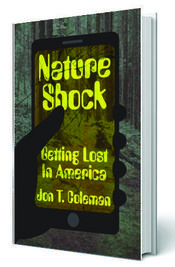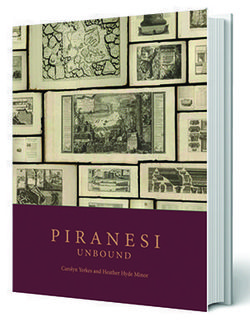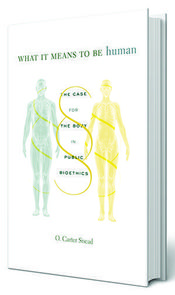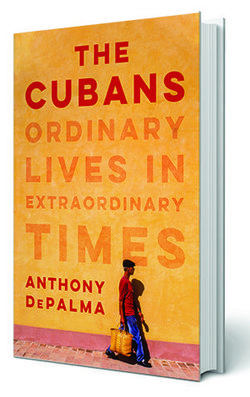
Nature Shock: Getting Lost in America, Jon T. Coleman (Yale University Press). From Spanish explorer Hernando de Soto’s ill-fated 16th-century journey across what is now the American South to present-day Americans who seek challenging wilderness excursions as a form of therapy and team-building, Coleman covers the gamut. Wherever it happens, argues the Andrew V. Tackes College Professor of History, the simple act of getting lost allows the traveler to see wilderness in a new light and connect with past generations. Publishers Weekly says his book “will fascinate readers with its look at the place of wilderness in American history.”

Piranesi Unbound, Carolyn Yerkes and Heather Hyde Minor (Princeton University Press). An 18th-century draftsman, printmaker, architect and archaeologist, Giovanni Battista Piranesi is primarily remembered for his etchings of Rome and of fictitious prisons. Hyde Minor, a professor of art history, and her co-author make the case that Piranesi’s greatest art form was the book, and their volume features nearly 200 of the artist’s engravings and drawings, including some not previously published. Based on new research, the authors describe Piranesi’s milieu, including the readers who bought and discussed his books.

What It Means to Be Human: The Case for the Body in Public Bioethics, O. Carter Snead (Harvard University Press). The author advocates for a new conception of human identity in American law and policy, one that supports the most vulnerable: children, the disabled and the elderly. Snead, a professor of law and director of the de Nicola Center for Ethics and Culture, focuses on the complex issues of abortion, assisted reproduction and end-of-life-decisions. He concludes that the law must be built on premises that reflect the “fully lived reality of life” in order to protect those most in need of care.

The Cubans: Ordinary Lives in Extraordinary Times, Anthony DePalma (Viking). Five ordinary Cubans in the post-Castro era are the stars of this new book by DePalma, a former visiting faculty member and regular contributor to this magazine. These varied personalities in Guanabacoa, a neighborhood across the harbor from Old Havana — “Hot. Smelly. Noisy. Raw,” the author writes — illustrate new opportunities and overwhelming challenges facing the island nation today. The New York Times describes its former foreign correspondent’s work as a “thoroughly researched and reported book, replete with human detail and probing insight” that takes readers to “a Cuba few tourists will ever see.”